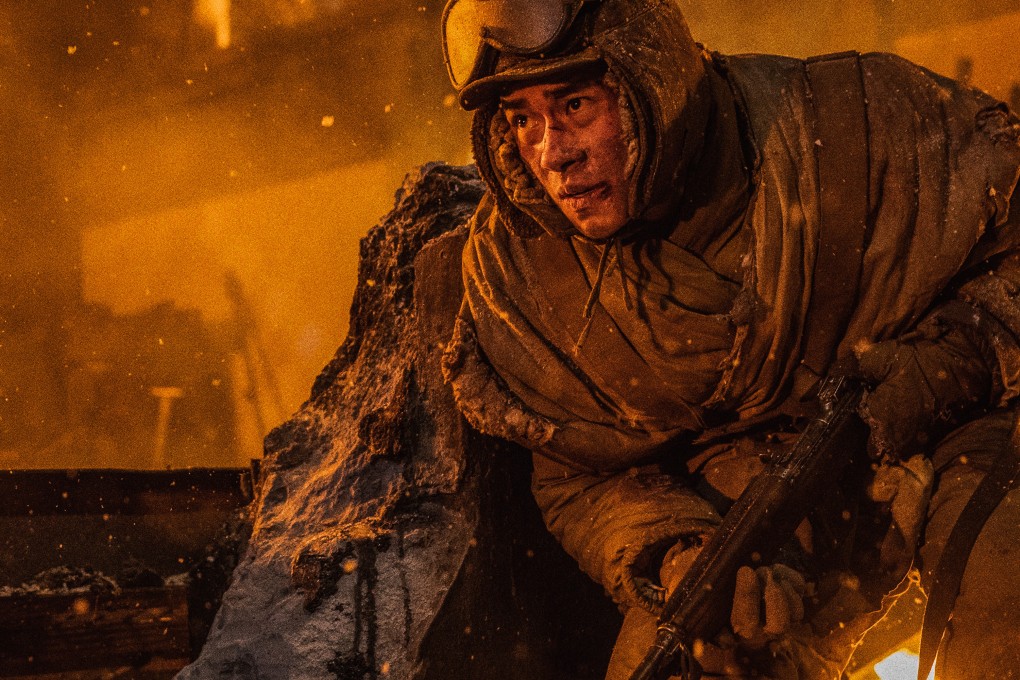Review | The Battle at Lake Changjin II movie review: Chinese pride reigns again in war drama sequel to 2021 blockbuster
- This action-packed sequel picks up where its predecessor left off, with heroic Chinese soldiers once more fighting sadistic Americans during the Korean war
- What little characterisation the original film displayed is all but non-existent here, while Koreans, both North and South, are again erased from their own war

2/5 stars
There, they hope to destroy a bridge and derail the US retreat. From this wintry perch, high in the snow-capped mountains, Chinese and American snipers proceed to take potshots at one another, when not unleashing unholy quantities of hellfire in the name of military supremacy.
If characterisation was slight in the first film, it is all but non-existent here, with the script eschewing any further development of Qianli, his young brother Wanli (Jackson Yee) or anyone else in favour of relentless, teeth-rattling action. Supporting characters are defined more by their wounds, or the manner of their deaths, than by anything more substantial.
On the American side, they remain an anonymous entity of unshaven sadists, stirred on by General Douglas McArthur (played by James Filbird), first seen screaming “Retreating is treason!” into a telephone from the comfort of a swanky Tokyo soirée, before attempting to convince US President Harry Truman to drop the atomic bomb.